Critical Essays Archive
The Bass Rock’s Layered Use of Setting

The use of place in Evie Wyld’s third novel underscores the constant nature of violence against women—that unchanging and immoveable landscape—and yet the capacity for women to band together in order to fight back shows that there may, indeed, be better days ahead.
Fragmentation and The Narrow Road to the Interior
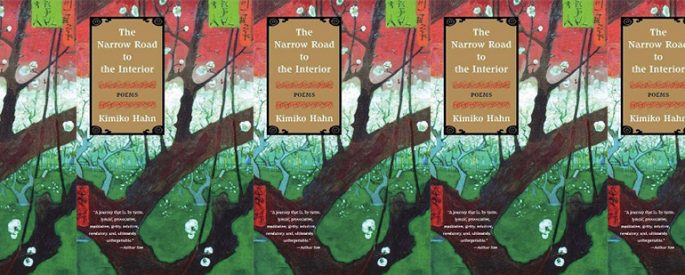
Kimiko Hahn’s 2006 poetry collection not only demonstrates the non-linear zuihitsu’s possibilities for relaying personal story, but also includes her meta-musings on genre and fragmentation itself, especially in terms of how “complete incompleteness” might serve as a haven for women artists—such subversions interrupt power, upset façade, and invite truth-telling.
A Family of Strangers in The Arsonists’ City
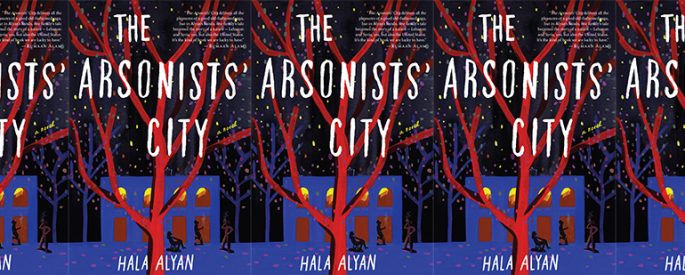
Behind the straightforward family disagreement that underpins Hala Alyan’s new novel lies all the complications, subtleties, and dishonesties upon which families are founded, along with the fears, longings, and displacement more particular to immigrant households.
The Maternal Vision of Leslie Jamison and Marilynne Robinson
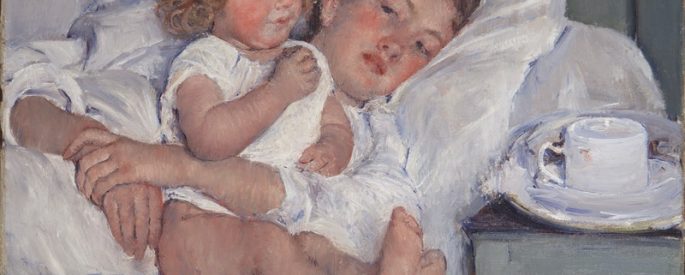
In the earliest years of parenting, the tensions between motherhood and artistic practice can feel insurmountable. Yet there are ways in which motherhood and the writing life are uniquely compatible.
The Many Narrative Layers of White Magic
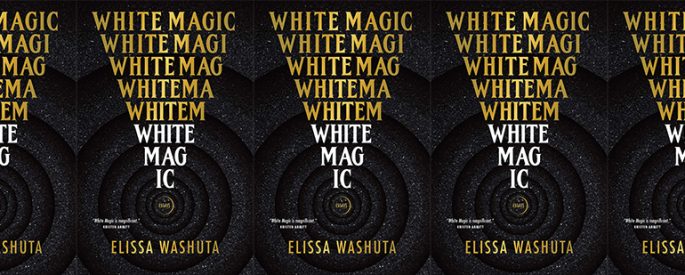
In her new collection, out this week, Elissa Washuta builds essays that repudiate traditional structures, layering her own stories on existing forms as a means to examine the traumatic, defining moments of her life.
The Reanimating Power of Epistolary Poetry
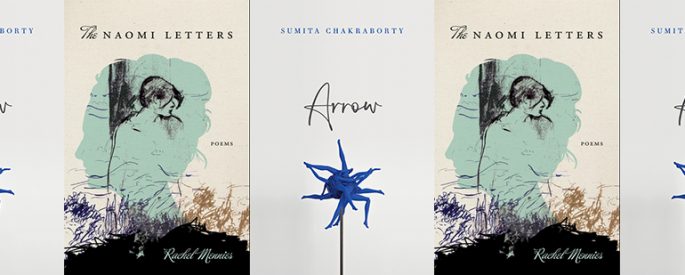
Poetry is the process of happening, its reanimating force something experienced each time a poem is read in our heads, aloud, privately, or to others. The best poems—Rachel Mennies’s and Sumita Chakraborty’s poems—are made with such specificity, such unmistakable architecture, that hearing them is this experience, this happening.
To Tip the Balance
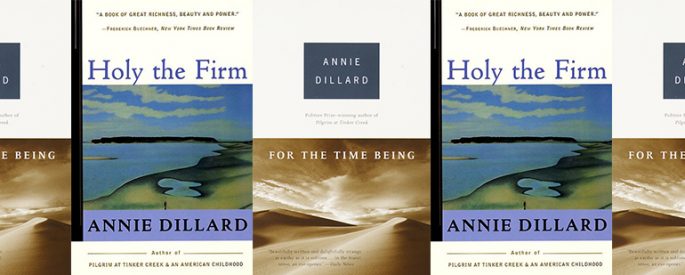
The scope of grief is unimaginable. So is the scope of joy. Our first task is to pay attention, but Annie Dillard reminds us it doesn’t end there: our work is also to try to tip the balance.
The Subversive Gyneceum of Hotel du Lac
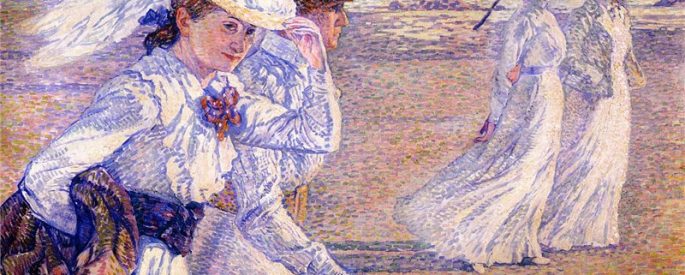
All the attention critics give to Anita Brookner’s unmarried heroines obscures what’s truly subversive in her 1984 Brooker Prize-winning novel. It isn’t just that Brookner’s protagonist charts a different course, maritally speaking; it’s that the novel’s dramatic focus is women looking critically at other women.
The Labor of Being Black

When a defense attorney asked Donald Williams II, a Black man and witness to the lynching of George Floyd, if he got “angrier and angrier,” Williams responded, “I grew professional and professional.” Such racial performance and linguistic inventiveness are on display in poems by Douglas Kearney and Yusef Komunyakaa.
The Soul of a City with No Soul
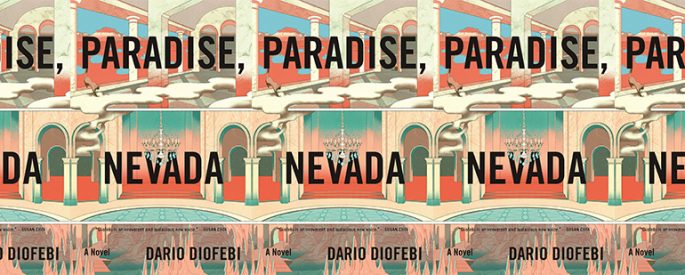
Las Vegas is a feat of tremendous sleight of hand. What Diofebi shows in his debut novel, out this week, is all the thousands of machinations happening in the background, producing what is ultimately a glorious illusion.